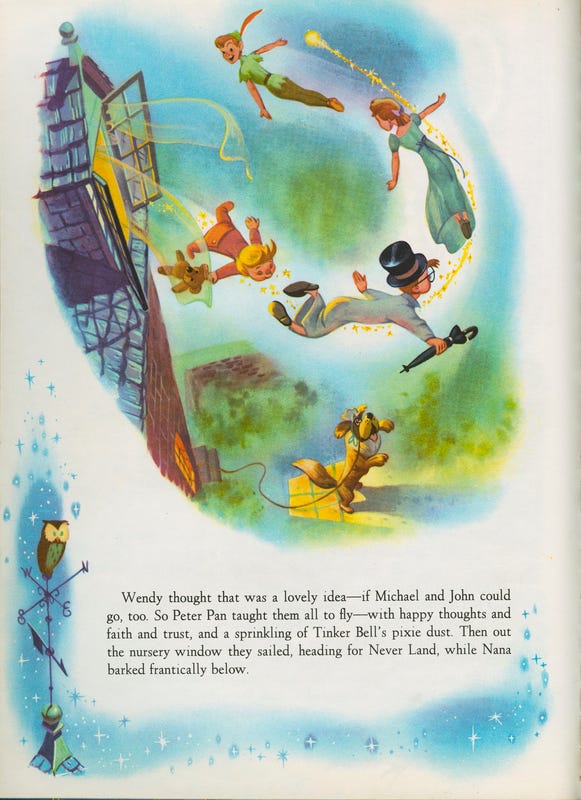My latest for Genspect, on infantilization in trans spaces:
Spend any time whatsoever in trans spaces and one of the first things you’ll notice is the rampant infantilization.
There are grown adults snuggling with cuddly toys and blaming every kind of negative emotion and social transgression on going through “second puberty” (sorry: still not a thing!). They try to recreate the childhoods and rites of passage they never experienced: giggly sleepovers, bubble-gum pink, sparkly lipgloss and painted nails, truth or dare, learning how to shave and tie ties. They cling to childish hobbies and interests, like Pokémon or Teenage Mutant Ninja Turtles or My Little Ponies, or overidentify with the underage aesthetics of anime. Middle-aged men dress up like schoolgirls, tugging frilly knee socks up over their bony joints and tying bows in their hair.
Trans-identified adults fantasize about do-overs: if only they’d been allowed to transition before puberty struck. Everything would have been different. The fantasy of starting over and blocking puberty helps keep the promise of transition intact when it would otherwise fall apart. Transition didn’t fail because it was a mistake. Transition failed because this pharmaceutical intervention was withheld from me as a child. That, and children make a more appealing face for a movement that struggles with optics. Thus, activists enlist children in an adult cause, trading children’s open futures for talking points and political cover. Activists rally around children and conceal what’s unsavory about the movement behind their innocence.
Then there’s the endless talk about “eggs” (people who are supposedly in denial about their trans identities): the moment you realize you’re trans is described as “hatching” or “cracking your egg.” New members are often referred to—or refer to themselves—as “baby trans” who need to be shown the ways of the strange new world they find themselves in. There’s the expectation from many activists that their feelings ought to be handled with kid gloves and—indeed—far too many grown-ups end up placating activists as though they were fussy toddlers.
There are many ways to interpret the disconcerting childishness of trans communities. “Peter Pan Syndrome.” Plain-old immaturity. Many trans-identified individuals seem afraid to grow up, as though they worry about their ability to meet the world of adult responsibilities. For these people, ‘trans’ is a cul-de-sac or a cocoon, a substitute for meaningful growth and change. And then there are some men who appear to fetishize childhood the way they fetishize womanhood, feeding twisted fantasies that they ought to have starved.
But there’s something else going on here, too.





So fascinating how a clear delusional disorder can become normalized by those afraid to state the obvious. The power of the fringe to mold supposed intelligent minds to see up as down, wrong is right is indeed through the looking glass in this day and age!
Great piece. Like so much in gender ideology, "baby trans" idea may also have been borrowed from earlier lesbian culture (maybe male gay culture too, I don't know). I don't know if it's still used these days, but I recall the phrase "baby dyke" used in lesbian spaces in the past. But from what I observed in people I knew, young newly-out lesbians in their 20s or late teens affectionately referenced to in this way (and who sometimes referred to themselves this way) were not inducted into a cult and were certainly not infantilized. They were just seen as young and unused to being out as lesbians in a mostly-straight world, who probably had things to learn as they sometimes awkwardly entered lesbian spaces and learned new cultural customs and rules. They were not treated as children and did not act like children.